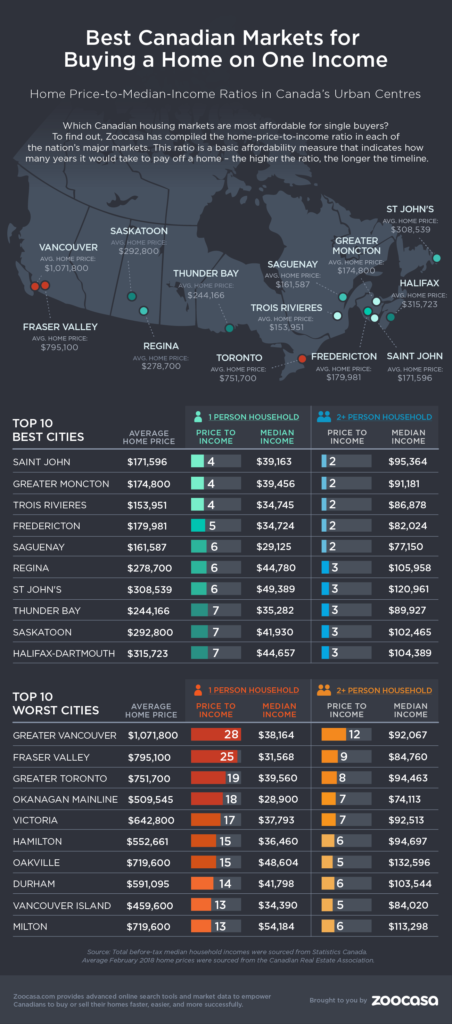By Allan Tran
Special to the Financial Independence Hub
Buying a home is usually the biggest investment you’ll make. Can you afford it?
Recent surveys show that potential buyers are concerned about interest rate increases and new federal lending guidelines. Many people are delaying their home purchases. It can be hard to know when to take the plunge or hit pause. Try these exercises:
Simulate the total expense
When talking to mortgage brokers and real estate agents, you can get preoccupied with rates, what you can get approved for, and listing prices. Those matter, but figure out the bottom line. Can you swing the total costs and still live your life?
Calculate your expected fixed home ownership costs: mortgage payment, property tax, home insurance, utilities, etc. Take that total and compare it to what you’re paying now for rent. The difference is what you’ll need to be able to cover.
Now, set that amount aside every month for a year. That’s long enough to experience all the ups and downs of your annual expenses. See whether you can handlethe monthly savings for the home you want for a sustained period
Take a hard look at your spending
Saving for a home, then managing the ongoing expense, can require a shift in spending habits. You can’t do that without a handle on where you actually spend your money.
Review the last three months of your credit-card statements and other bills. Look at wants versus needs. Think about what costs you could have avoided and how those add up. For instance, many costs that we tap a card for are variable. You can likely avoid some. Try and park that money into savings.
Another strategy is to force savings by tying it into spending. Say you spend $20 a week on coffee. Yes, you can save $1,000 a year by foregoing that. But you want coffee. Well, you also want a home. How about putting the equivalent towards it? It’s just a way of disciplining yourself to save for a bigger dream.
Force accountability
If you’re buying a home with a partner or spouse, get a joint account where you can’t pull out money without both signing off. This will help you think twice about spending and hold each other accountable.
Many couples have different spending and savings habits. The point is to train you to have honest conversations about finances. If you’re going to own a home together, you need to be on the same financial page before, during and after the purchase.
Stress test yourself
The Office of the Superintendent of Financial Institutions has new rules around mortgage underwriting. Potential home buyers must be able to handle a minimum qualifying rate: the greater of the five-year Bank of Canada benchmark rate, or the contracted mortgage rate plus two percentage points. Continue Reading…







